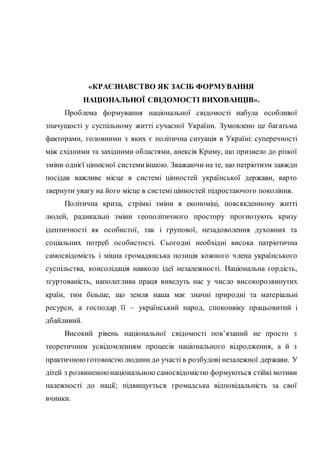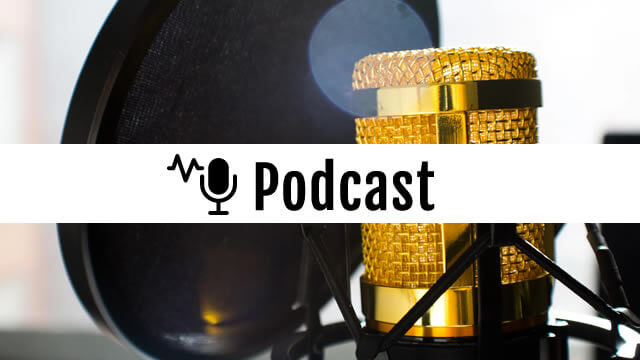The Power Of Music: Exploring The Sound Perimeter

Table of Contents
The Neurological Impact of Music: How Sound Shapes the Brain
Music's influence extends far beyond our ears; it deeply affects our brains. The power of music to reshape our neural pathways and enhance cognitive function is increasingly understood through scientific research.
Music and Memory: How Melodies Trigger Memories and Enhance Cognitive Function
Music has a remarkable ability to unlock memories. A familiar melody can instantly transport us back to a specific time and place, evoking vivid emotions and experiences associated with that memory. This phenomenon is backed by scientific studies:
- Studies have shown a strong link between music and autobiographical memory recall. Hearing a song from our past can trigger detailed and emotionally charged recollections.
- Music therapy has proven beneficial for elderly individuals experiencing cognitive decline. Engaging with familiar music can stimulate cognitive abilities and improve memory function.
- Music plays a significant role in the treatment of neurological conditions like Alzheimer's disease and dementia. Musical interventions can help patients access and preserve remaining cognitive functions.
Keywords: Music therapy, memory enhancement, cognitive function, neurological impact, brain plasticity
Emotional Responses to Music: The Science of Feeling
The emotional impact of music is undeniable. Specific musical elements like tempo, rhythm, and melody directly influence our mood and emotional state.
- Upbeat tempos and major keys often evoke feelings of joy and excitement. Think of the uplifting energy of pop music.
- Slower tempos and minor keys can elicit sadness or introspection. Consider the melancholic tones of classical ballads.
- Different genres, from the aggressive energy of heavy metal to the soothing sounds of ambient music, evoke a wide range of emotional responses. This reflects the diverse ways music can affect our emotional landscape.
Keywords: emotional response, music and mood, tempo, rhythm, melody, genre influence
The Social and Cultural Significance of Music: A Sound Perimeter of Shared Identity
Music transcends individual experience; it forms a crucial part of our shared social and cultural identities, shaping our understanding of communities and the world at large. The sound perimeter of music extends to encompass the collective experiences of human societies.
Music as a Cultural Unifier: Exploring Music's Role in Shared Identity
Music plays a significant role in defining and representing cultural identities.
- National anthems symbolize national pride and unity. They are powerful expressions of collective identity.
- Religious music is integral to many faiths, fostering a sense of community and shared spirituality. It provides a powerful connection to spiritual practices.
- Music has been a key tool for social movements, providing a voice for marginalized groups and uniting people around common causes. From protest songs to anthems of revolution, music acts as a catalyst for social change.
Keywords: cultural identity, social cohesion, national anthems, religious music, music and social movements
Music and Communication: Beyond Words
Music possesses a unique ability to communicate emotions and ideas that transcend language barriers.
- Music's expressive power allows it to communicate emotions and experiences that are difficult to articulate in words. This is why music can resonate deeply even when we don't understand the lyrics.
- Music is a powerful form of non-verbal communication, bridging cultural divides and fostering understanding between people of different linguistic backgrounds. The universal language of music transcends borders and connects us all.
Keywords: non-verbal communication, cross-cultural communication, musical expression, universal language of music
The Therapeutic Applications of Music: Healing Through Sound
The power of music extends to the realm of healing. Music therapy leverages the therapeutic properties of music to improve physical and mental well-being.
Music Therapy Techniques and Benefits: A Holistic Approach to Wellness
Music therapy employs various techniques to address a range of health challenges.
- Active music making, such as playing instruments or singing, can enhance self-expression and emotional regulation. It allows for creative outlets and emotional processing.
- Receptive music listening can promote relaxation, reduce stress, and improve mood. Carefully selected music can have a profound impact on emotional well-being.
- Music therapy is beneficial for mental health conditions such as anxiety and depression, as well as physical rehabilitation and pain management. The use of music helps to improve both the physical and mental aspects of recovery.
Keywords: music therapy techniques, mental health benefits, physical rehabilitation, pain management, therapeutic music
The Future of Music Therapy: Innovations and Research
The field of music therapy is constantly evolving, incorporating new technologies and research findings.
- Technological advancements are opening up new possibilities for music therapy interventions. Virtual reality applications, for example, offer immersive and engaging therapeutic experiences.
- Ongoing research continues to expand our understanding of music's therapeutic mechanisms and applications. This leads to enhanced techniques and personalized treatment plans.
Keywords: music therapy research, technological advancements, virtual reality therapy, future trends in music therapy
Harnessing the Power of Music: Expanding the Sound Perimeter
This exploration of the sound perimeter of music reveals its profound impact on our brains, our societies, and our well-being. From enhancing cognitive function and regulating emotions to fostering cultural unity and facilitating healing, the power of music is undeniable. We've seen how music's influence extends far beyond entertainment, shaping our individual experiences and collective identities.
Discover the profound impact of music on your well-being. Explore the power of music and expand your own sound perimeter today! Whether through active listening, playing an instrument, attending concerts, or exploring music therapy, embrace the transformative potential of music in your life. The power of music awaits you – explore its sound perimeter and unlock its many benefits.

Featured Posts
-
 From The Mountains To The Med A Self Guided Walking Tour Of Provence France
May 22, 2025
From The Mountains To The Med A Self Guided Walking Tour Of Provence France
May 22, 2025 -
 The Blake Lively Allegations A Summary Of Events
May 22, 2025
The Blake Lively Allegations A Summary Of Events
May 22, 2025 -
 Politichna Kriza V Ukrayini Pozitsiya Senatora Grema Schodo Rosiyi
May 22, 2025
Politichna Kriza V Ukrayini Pozitsiya Senatora Grema Schodo Rosiyi
May 22, 2025 -
 Tuesdays Core Weave Crwv Stock Dip A Detailed Explanation
May 22, 2025
Tuesdays Core Weave Crwv Stock Dip A Detailed Explanation
May 22, 2025 -
 Ukraina V Nato Analiz Peregovorov I Zayavleniya Evrokomissara
May 22, 2025
Ukraina V Nato Analiz Peregovorov I Zayavleniya Evrokomissara
May 22, 2025
